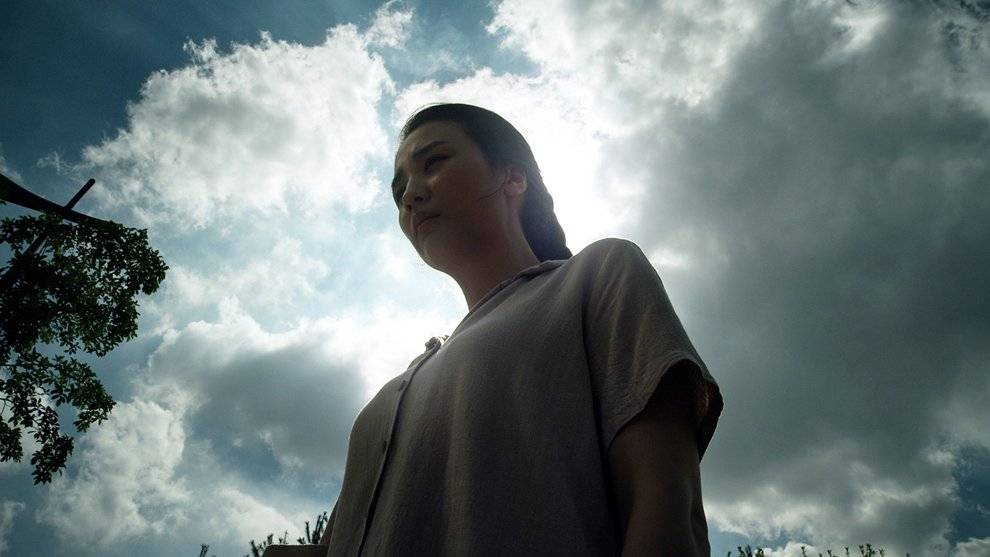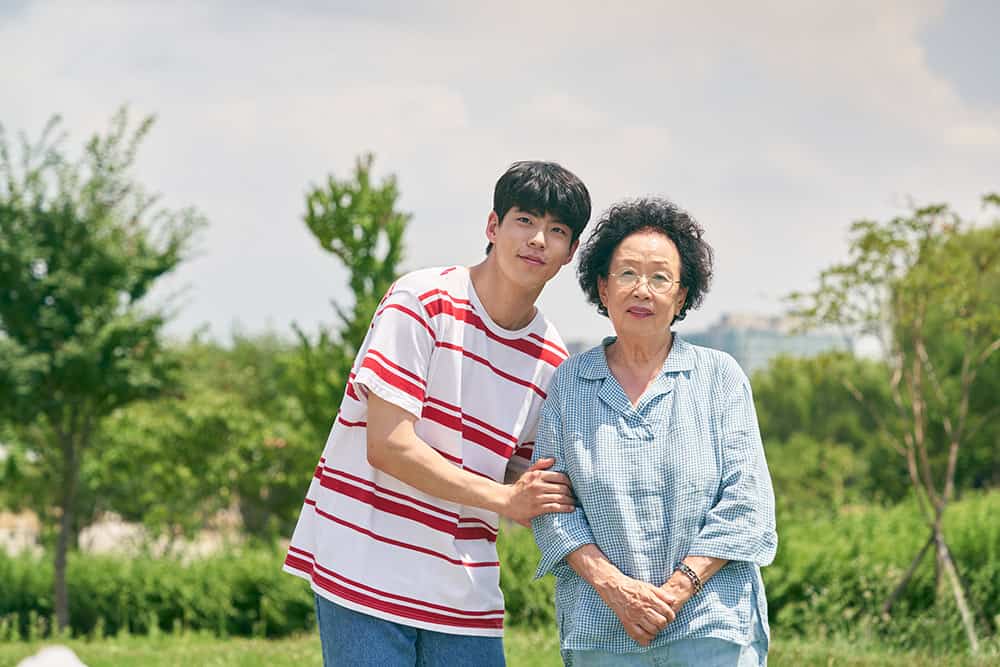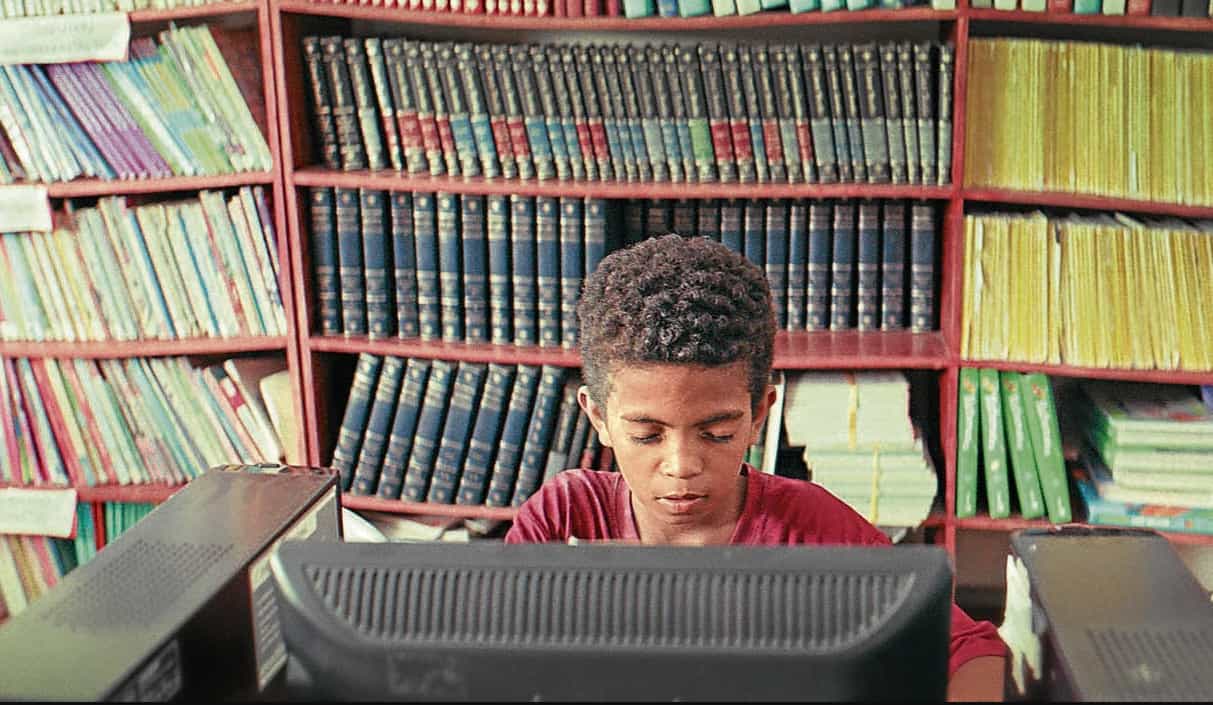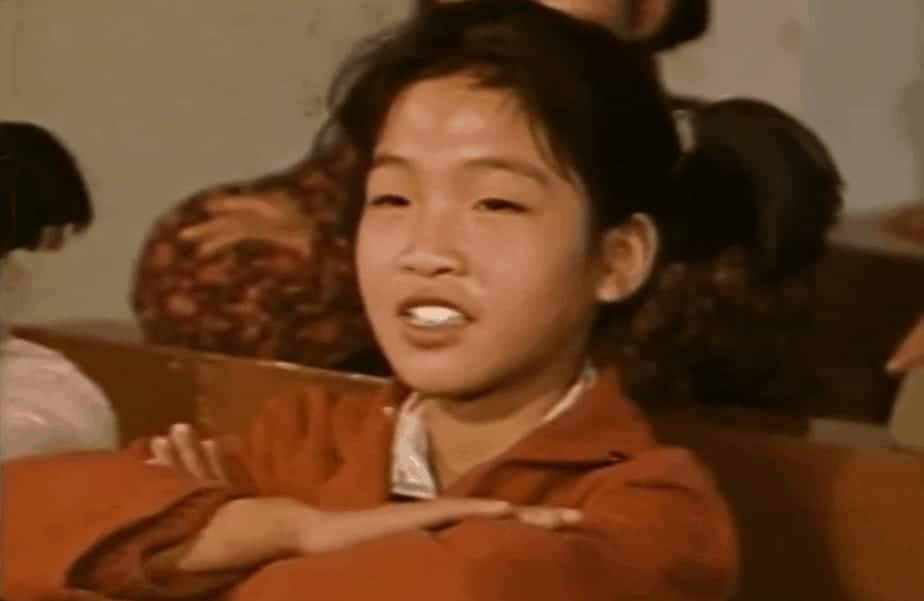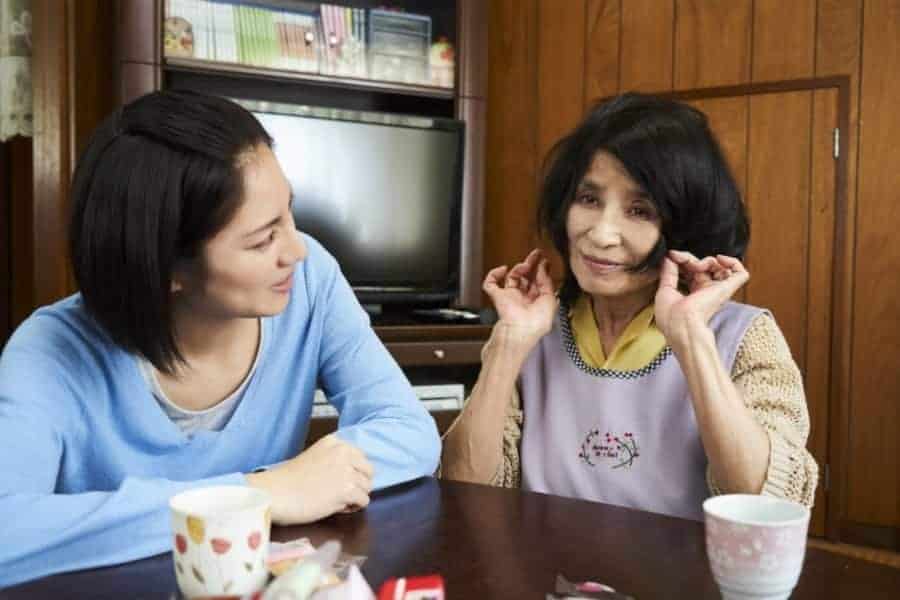The issue of domestic abuse against children often presents itself in cinematic form in South Korea. This time, it comes masquerading as a mystery in director Seo Eun-young's sophomore feature “Go Back”, an effort that raises more than one social issues in addition to the violence children face at home at the hands of their parents or primary caregivers.
Go Back is available from Echelon Studios

On her morning jog one day, newly enlisted policewoman Ji-won comes across a suspicious woman sat on a park bench, with blood on her sleeve and a little girl in tow. This woman turns out to be Oh-soon, a social services worker who, just like Ji-won at her job, is highly motivated to do the right thing and help the children put under her watch. One such kid happens to be Bo-ra, who receives abuse from her father and finds comfort in Oh-soon, who wants to help Bo-ra but has her hands tied due to the very limited power vested in her by law. When a child is kidnapped one day and the kidnapper demands an odd ransom of only 1000 won from every Korean citizen, the police's suspicion soon falls upon Oh-soon.
Features like “Miss Baek” and “My First Client” have, in recent years, cast light onto the issue of domestic violence against children in Korean society and Seo Eun-young primarily attempts the same here. The dire condition of these children and their helplessness is explored, while also trying to delve into why some adults become such tormentors. This latter seems like a needless direction, even if Seo treats it more like a short detour, as sometimes there is no justification necessary to an act so despicable. Unlike some works of its kinds though, the narrative here doesn't rely on sensationalism and excuses itself from showing the abuse in its explicitness, an approach that works in its favour, leaving the focus solely on the adult characters and their actions.
The actions in this case are that of Oh-soon as a social worker and Ji-won as a police officer, both trying to do the right thing. Through Oh-soon's arc, the serious issue of minimal power provided to the social service workers and how the law effectively restricts them from intervening even in cases where blatant abuse is provable is once again rightly raised, making it feel like an issue that desperately needs official attention but never gets it. It also provides an opportunity to comment on the law's inability to provide support not just to the victims but also the social service workers, even when earnest officers like Ji-won want to help. Additionally, Ji-won's storyline also manages to cast a light on the male-dominated nature of not just police work but Korean society in general. Despite that, Seo thankfully gives her females enough determination and strength to take decisions and follow them through on their own, never letting them succumb to needing a male's help, ultimately making the narrative feel almost feminist in a positive way.
Even with too many points to bring across, Seo never forgets that her feature is foremost a mystery and while it may not be particularly fresh or unpredictable, with a couple twists at the end feeling particularly dubious, it manages to be an effective mix with the commentary and results in an entertaining thriller. She isn't interested in a fast-paced narrative though and lets it takes its time to unfold, giving an almost arthouse feel to it, which ends up accentuating the atmosphere. The same arthouse sensibilities are also extended to the technical aspects, with Jung Ki-wook's cinematography and the music both reminiscent of quality indie productions.
“Go Back” is also improved thanks to the superlative work from its leads, with both Park Ha-sun as Oh-soon and Ha Yoon-kyung as Ji-won getting ample scope to flex their skills and give impressively measured performances. Almost like a mirror, both characters get moments where they have their hands tied, where they lash out or take matters into their own determined hands, but it is the scenes that the two share that end up being the most memorable. One can almost certainly expect a quality performance from a child actor in a Korean production of this sort and sure enough, little Gam So-hyun doesn't disappoint as Bo-ra, portraying her trauma and struggle splendidly.
Much like a number of other recent productions, “Go Back” not-so-subtly hides its commentary within a narrative guised as entertainment, this time as a mystery whodunit, but where Seo Eun-young's work succeeds that some don't is that it never loses sight of either of its motives, resulting in a pleasurable watch with potent messages.


